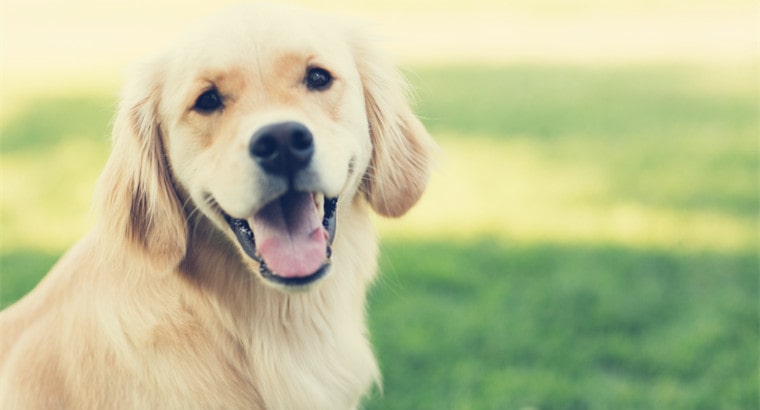While dogs can be quite the delight to raise, they also come with a large responsibility — that of taking care of their health. And this includes being in charge of their meals. They require healthy diets with proper nourishment to ensure that they don’t have to deal with any health complications.
Have you ever thought to yourself, “just how heavy should my dog be” when they’re growing up? This article has all the information you need about canine weight.
Why Your Dog Weight Matters

While an extra pound or two never hurt anyone, it is always a good idea to be health-conscious about your pet’s weight.
Dogs have excellent puppy eyes that can coax you into giving them more treats than you should. But if their food intake isn’t being moderated, it would not only cause mobility issues or laziness but also lead to serious health concerns that could turn fatal if ignored. Always aim for a balance of a healthy dose of activity and a nutritious diet.
How Do I Know If My Dog Is a Healthy Weight?
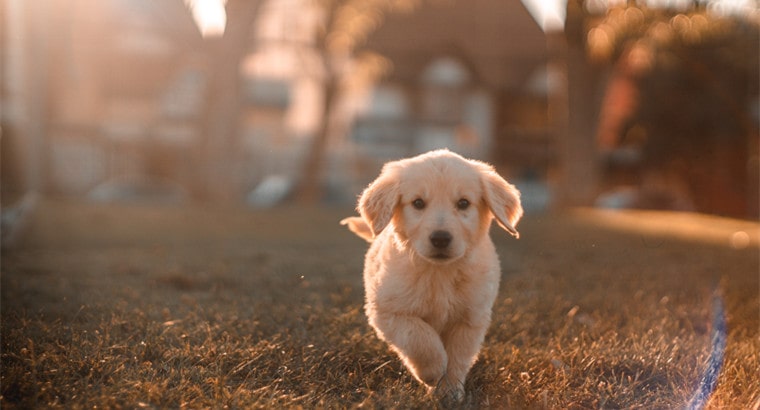
The weight of your dog depends on its breed and is influenced heavily by its lifestyle.
While a tiny breed would be healthy weighing 25 pounds, bigger breeds’ weight could range from 40 to 90 pounds.
Your vet should be able to provide you with metrics on what weight is ideal at specific ages. You could also depend on the likes of the Purina Body Conditioning System, a method preferred by vets to evaluate your dog’s body condition.
With visual and physical inspection, your dog’s body parts are categorized to help determine if your dog is, in fact, at a healthy weight.
What Is a Healthy Weight?
There is no one healthy weight for all dogs. Dogs come in hundreds of different sizes, influenced by what they do every day, what they eat, and what breed they belong to.
There are weight charts you could refer to for different sizes of dogs and figure out “how heavy should my dog be” at specific ages.
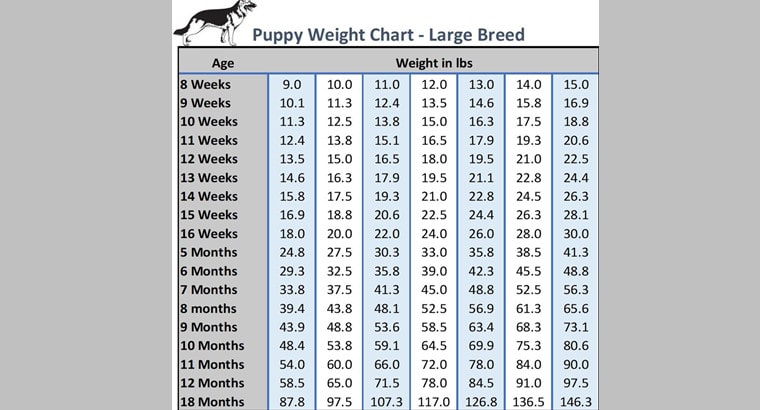
Image source: Pinterest
Their weight is dependent on their breed as well. You can keep a record of their weight as they grow up and can enquire with your vet if they’re making healthy progress.
Remember, a healthy diet coupled with adequate exercise can more often than not prevent any weight-related complications in your dog.
6 Factors That Influence A Puppy’s Weight

#1. Gender
As seen in the case of most animal species, you’ll find that male dogs tend to weigh more than their female counterparts.
Regardless, we recommend that you spay and neuter your dogs; if left to their devices, they could develop unnecessary health complications.
#2. Breed and Size
Have you ever met an adult Great Dane you could tuck into your arms? Or a chihuahua that can tackle you to the ground? Your dog’s weight depends on its breed.
Sometimes, mixed breeds could mean new weight brackets. Their lineage will always play a role in their future.
Besides, a Great Dane, for example, is a larger dog and is bound to weigh more. So the size of a dog also plays an important role in determining its ideal weight.
#3. Overall Health
Your pup’s weight is dependent on their health as well. Physical ailments and chronic illnesses such as hyperthyroidism, arthritis, diabetes, etc. could cause fluctuations in your dog’s weight.
#4. Dental Health
Dental issues can make it very uncomfortable or painful for your dog to chew their food, or even open their mouth properly. If ignored, poor dental health can result in rapid weight loss in your dog.
#5. Lifestyle
Dogs that are kept on their toes every day are usually fit. Lack of activity would lead to steady weight gains, rendering them lazy to move or care about playtime.
#6. Sudden Changes
Changes in your surroundings and daily routines that are overwhelming for your dog could make them anxious. It is important to always slowly introduce any changes to their life.
Make sure they’re comfortable and aren’t exposed to unpredictable surroundings that can cause sensory overload. Stress and anxiety can not only cause weight loss but also behavioral problems.
What Should You Do If Your Dog Is Underweight Or Overweight
-
If They Are Underweight
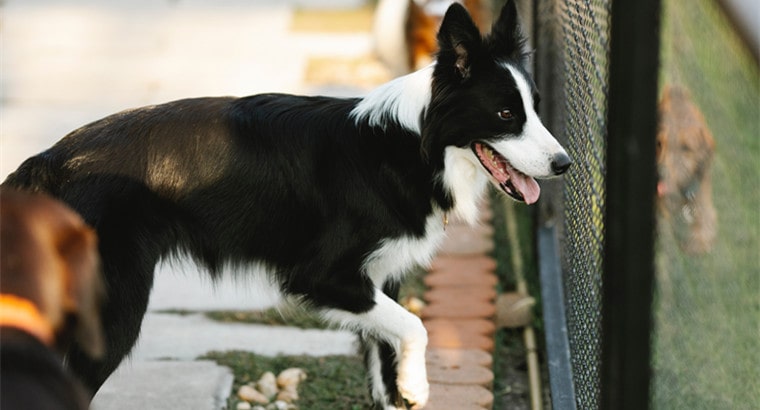
Your fur friend may have dropped to alarmingly low weight due to reasons like a change in diet, an illness, or old age. Other causes of weight loss also include poor diet, parasites, dental issues, illness, gastrointestinal problems, metabolic disorders, infections, malnutrition, stress, excessive exercise, and medication side effects. If they’re agitated or anxious, they may be skipping their meals. It is always advisable to consult your vet to determine the exact reason for their weight loss.
#1. Your dog may not visibly look bony or emaciated, but if you detect bloating or inflammation, talk to your veterinarian. Your vet can inform you about including nutritional supplements in your dog’s daily diet.
#2. Increase their caloric intake with foods rich in carbohydrates.
#3. Feed them small portions of food multiple times a day, so they can slowly regain their appetite.
#4. Fresh and wet foods can entice your pet into eating more.
#5. You could also engage and encourage them more while feeding them extra treats.
To encourage your dog to eat more, first, rule out health issues by consulting your veterinarian. Choose a high-quality, nutritious dog food and establish a consistent feeding schedule. Warm the food slightly for enhanced aroma, and consider adding tasty toppers like lean meat or wet dog food. Hand-feeding may help create a positive association with meals.
Ensure regular exercise, limit treats, and incorporate puzzle feeders for engagement. Hydration is essential, and if problems persist, consult your vet for a thorough evaluation. Always prioritize your dog’s health and well-being when addressing changes in appetite.
-
If They Are Overweight
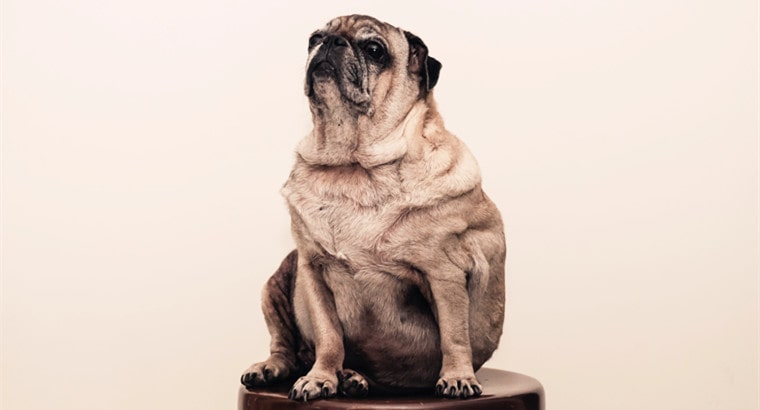
Did you know, canine obesity in American dogs rose to a staggering high of 56% in 2018?
Obesity cannot be chalked up to a few harmless extra pounds; it is a grave health concern. Illnesses like arthritis, inflammation, body pain, pancreatitis, etc. are some of the consequences of being overweight. Obese dogs also have a considerably reduced lifespan.
Here’s what you can do to help your dog shed a few pounds:
#1. It is important to design a weight loss routine that shows noticeable progress with time. Start with increasing the protein content in their daily diet, and cut back on carbohydrates and fatty items.
#2. Dry food should be preferred over wet foods. Check out Freeze Dried Dog Food.
#3. Get them to go out on jogs with you and incorporate exercises into their playtime. Games like fetch and catch-me-if-you-can will burn their calories, helping them shave off those few extra pounds. These games are also a way to sneak in recall training and obeying commands.
#4. Try placing their food onto puzzle plates that make them work to access their food. This would not only mentally stimulate your pet, but also regulate their eating impulses.
Seek Professional Help
Consulting a vet about your dog’s weight is vital for overall health assessment and identification of underlying issues. Vets offer tailored nutritional guidance, addressing breed-specific needs. They play a key role in preventing obesity-related conditions and provide guidance on growth for puppies.
Vets advise on appropriate exercise, contributing to a healthy weight. Personalized programs may involve diet adjustments. Vets help identify stress-related weight changes and offer behavioral guidance. Regular check-ups enable long-term health planning, detecting trends and adjusting care plans.
A Few Parting Words
Has your question on “how heavy should my dog be” been answered sufficiently? Good diet and exercise always go hand-in-hand when maintaining good health. However, if you feel that the problem may be more severe, you should always talk to your vet to rule out any severe health concerns.


